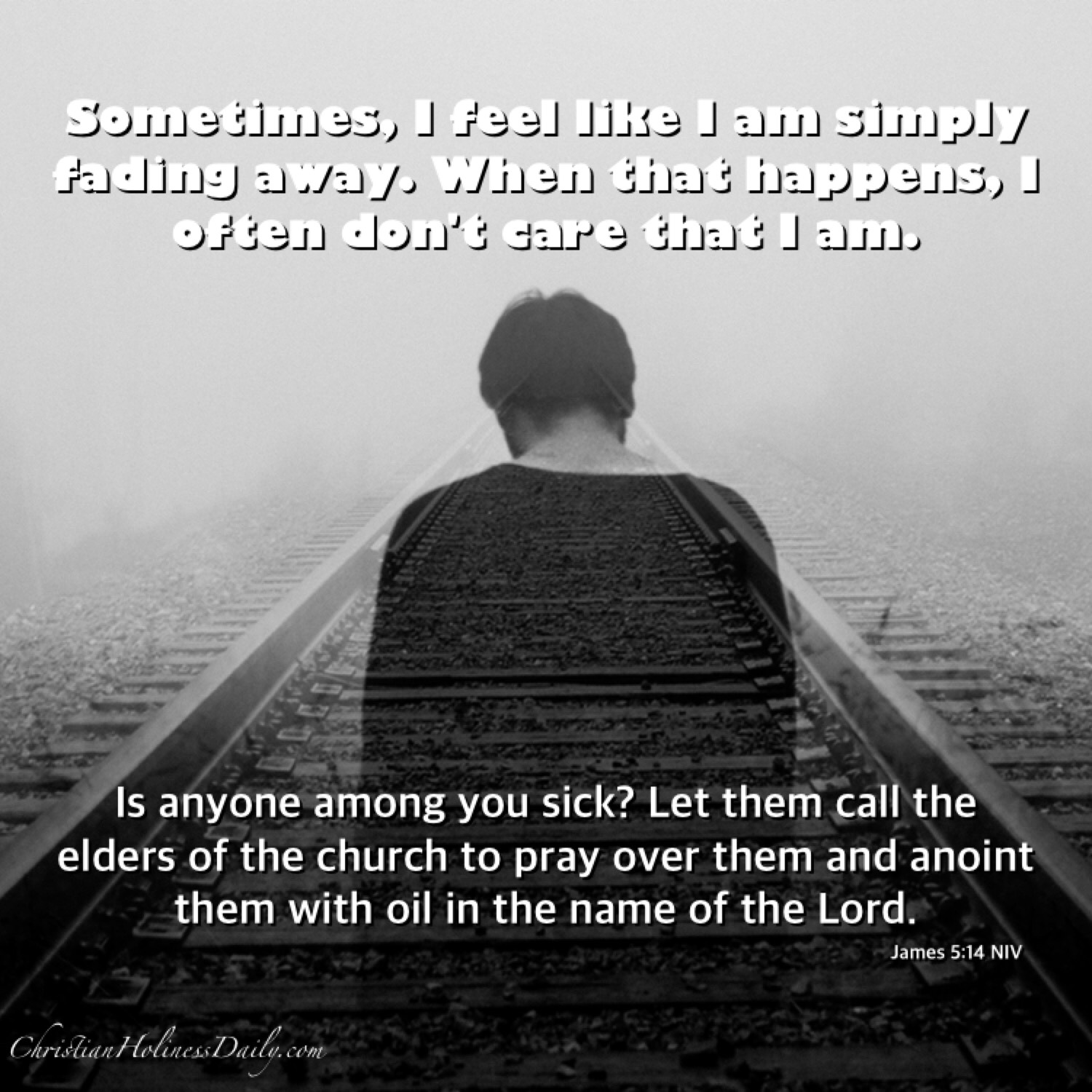 Martin Luther, it seems, so suffered from depression that he instructed his wife to be sure that he never retreated into a place too quiet or dark, and that his mind be continuously stimulated by people who lived and laughed. Luther felt that God had singled him out to suffer. He felt abandoned and alone, even when in the presence of company. He lost faith.
Martin Luther, it seems, so suffered from depression that he instructed his wife to be sure that he never retreated into a place too quiet or dark, and that his mind be continuously stimulated by people who lived and laughed. Luther felt that God had singled him out to suffer. He felt abandoned and alone, even when in the presence of company. He lost faith.
Once, when his wife noticed Luther in the midst of a bout of depression, she put on her finest mourning garb. Dressed in black, face veiled, she presented herself to him.
“Who died?” Luther asked.
She lifted her veil and replied, “It seems as if God must have, by the way you’re acting.”
Like Luther, I suffer depression. I often feel like I am fading away, or like there is a veil that prevents me from looking within, or like I simply want to stay in bed forever. Like Luther, I have learned to cope most of the time. He seems to have figured out how his wife could help lift him from the depths. His wife, it appears, had a few tricks of her own to help him cope. I think most people who suffer fron depression develop some coping skills, even if they do not seek professional help.
Too often, though, pastors and others in Christian ministry dismiss the idea of Christians suffering from depression. One pastor I spoke to in preparation for this blog represents the attitude of many. When asked how he counsels parishioners with depression, he responded with, “… I also tell them that they have no need to be depressed because there is an inner joy that we as Christians possess.”
While what he says is true so far as it goes (Christians are blessed with an inner joy), he is misinformed. Depression is an illness not an attitude. Like any illness, the attitude of the patient can affect the sickness, but it does not cause or cure it. To tell that someone suffering from clinical depression is akin to telling a man who just suffered a heart attack that there is no need for bypass surgery because he has Jesus in his heart.
While pastoral education about depression and other mental illness is becoming more common, it is not yet common enough. Today, more Christian pastors are trained as counselors than ever before. The science of psychology has grown by leaps and bounds, just like all the sciences.
Personally, I have no doubt that, had my sarcoma been diagnosed in 1915 instead of 2015, I would have died a slow and miserable death. Had it been diagnosed in 2005 instead of 2015, I would have likely lost my leg. There have been so many miraculous medical advances in the last 100 years that practically no pastor would counsel a sick parishioner to change their attitude so that all will be well.
It is time to start viewing mental and emotional diseases like we do cancer and heart disease. Sure better attitudes help, but better attitudes don’t heal us. God heals us and He usually – but not always – does so through the hands of medical professionals.
Just as a pastor would advise someone with acute chest pains to go to the ER, a pastor should advise someone with chronic depression to seek medical attention. Besides that, though, what can pastors – or anyone – do for those in depression? Here are a few ideas:
- Do not be dismissive of their problems.
- Ask them how you may help.
- Sit with them without speaking if necessary.
- Let them know they can talk to you without judgment.
- Let them know you will support them emotionally and prayerful through the entire journey (do not say this if you don’t think you can handle it).
- Let them know you are their friend and would love to hang out whenever they are ready.
- Without condemnation and without cliche platitudes, help them look at the positive things in life.
We should remember, though, with every illness – physical or psychological – that though He usually works through the hands of doctors, it is God alone that heals. Every illness should be taken to God in prayer.
]]>